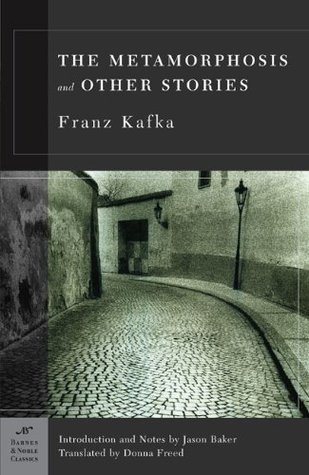
The Sons
Book Description
Beneath the weight of family legacy, three brothers grapple with the suffocating grip of expectation and their own desires. As secrets unravel and the invisible strings of loyalty tighten, each son faces a choice that could shatter their fragile ties or forge an unsettling unity. Tension crackles with every encounter, revealing the haunting specter of their father's shadow and the darkness it casts over their lives. With betrayal lurking and hope dwindling, can love triumph over the burdens of the past, or will it all come crashing down? What happens when family bonds bind too tightly?
Quick Book Summary
"The Sons," a collection of three pivotal stories by Franz Kafka, delves deeply into the fraught dynamics between fathers and sons, exploring the burdens of expectation, family legacy, and individual desire. Each narrative—"The Judgment," "The Stoker," and "A Letter to His Father"—captures the intense psychological and emotional struggle of sons living under the shadow of formidable paternal authority. The sons navigate guilt, rebellion, and the longing for approval, all while wrestling with internalized shame and looming betrayal. Kafka’s tales offer haunting, often surreal reflections on isolation, love, and the difficulties of self-realization when subject to the overwhelming power of familial ties. Through fragmented relationships and moments of existential crisis, the stories illuminate how the chains that bind families can simultaneously suffocate and define identity.
Summary of Key Ideas
Table of Contents
Father-son relationships and authority
Kafka’s "The Sons" artfully intertwines three stories that each dissect the complex fabric of familial relationships, primarily focusing on the troubled dynamic between fathers and sons. The collection opens with men—sons—who are simultaneously drawn to, and oppressed by, their fathers’ overwhelming presence. In these stories, the fathers exert a near-mythic authority that becomes internalized by their children, dictating not only their actions but their deepest fears and hopes. Kafka’s exploration captures the inevitability of conflict when generational values and personal desires collide, setting the stage for profound psychological drama.
The weight of family expectations
The stories reveal the immense weight that family legacy imposes. Whether it’s the explicit demands of upholding the family name or the quieter, implicit traditions passed down, the sons find themselves ensnared in expectations they neither consented to nor can easily escape. This pressure cultivates a sense of doom and impotence. Each brother in the various stories struggles with the fear of failure and the anxiety that to deviate from the prescribed path would be a betrayal to their lineage and themselves. The burden of legacy thus acts as both a tether and a threat, defining and confining their sense of self.
Isolation and the search for identity
Isolation becomes a recurring motif—each son’s attempts to assert individuality are met with misunderstanding or outright rejection. Kafka paints their interior worlds with evocative loneliness. Even when surrounded by family, the sons are estranged, unable to bridge the emotional and communicative chasms that widen with every misstep. This emotional distance is compounded by the fathers’ inability—or unwillingness—to acknowledge the sons’ intrinsic worth outside of familial roles, leading to existential uncertainty and fragmentation of identity.
The nature of guilt and rebellion
Guilt and rebellion permeate the psychological landscape of the narratives. The sons’ every attempt at independence is dampened by an overwhelming sense of guilt that seems inherent and inescapable, as if love and respect are inextricably linked with submission. Rebellion takes many forms: open defiance, silent protest, or a simple longing for escape. Kafka masterfully renders these conflicted emotions with subtlety, illustrating how acts of rebellion are often self-defeating, ultimately reinforcing the chains they attempt to break.
Struggle between love and betrayal
The stories culminate in an agonizing tension between love and betrayal. The sons are loyal, yet their loyalty is laced with resentment, and expressions of love are fraught with suspicion and fear of reprisal. Relationships strain under accumulated secrets and suppressed desires, threatening to shatter the fragile continuity of family. Through ambiguous resolutions, Kafka refuses easy comfort, instead presenting a stark meditation on the contradictory forces that bind families—forces that can either destroy or, unsettlingly, define their members forever.
Download This Summary
Get a free PDF of this summary instantly — no email required.





